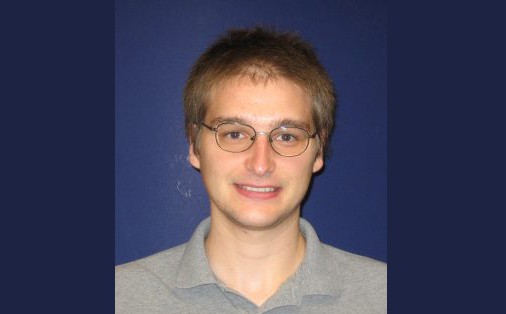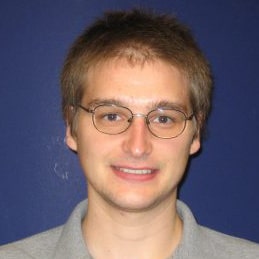
Heath LeFevre awarded NSF fellowship
The NERS postdoc researches radiation hydrodynamics relevant to astrophysics.

The NERS postdoc researches radiation hydrodynamics relevant to astrophysics.

Heath LeFevre, a postdoctoral researcher in the U-M Department of Nuclear Engineering & Radiological Sciences under Prof. Carolyn Kuranz, has been awarded a Mathematical and Physical Sciences Ascending Postdoctoral Research Fellowship (MPS-Ascend) from the National Science Foundation for his research into radiation hydrodynamics relevant to astrophysics.
The MPS-Ascend program supports postdoctoral researchers who will broaden the participation of groups that are underrepresented in MPS fields and is intended to recognize beginning investigators of significant potential and provide them with experience in research that will facilitate interdisciplinary interactions.
“I am humbled, grateful, and a bit surprised,” said LeFevre.
In general, LeFevre conducts radiation hydrodynamics experiments relevant to astrophysics, providing a means to understanding the dynamics of astrophysical objects that evolve over thousands, millions, or billions of years.
“The fellowship supports a project to conduct experiments that explore strongly coupled, radiative plasmas where the energy in Coulomb interactions is comparable to the kinetic energy and radiation energy fluxes are significant,” said LeFevre. “This is relevant to neutron and white dwarf stars, as well as inertial confinement fusion.”
The bulk of LeFevre’s research will take place at the Laboratory for Laser Energetics at the University of Rochester. He also works on experiments studying supernova-scaled radiative shocks at the National Ignition Facility at Lawrence Livermore National Laboratory.
LeFevre received his Electrical Engineering BSE from U-M in 2014, and then his Applied Physics PhD over the summer. He is originally from Florida and decided to go to U-M at a very young because his father grew up in Michigan and is a big Michigan football fan.
“I’m excited that Heath has this opportunity,” said Kuranz. “I look forward to continuing to work with him.”